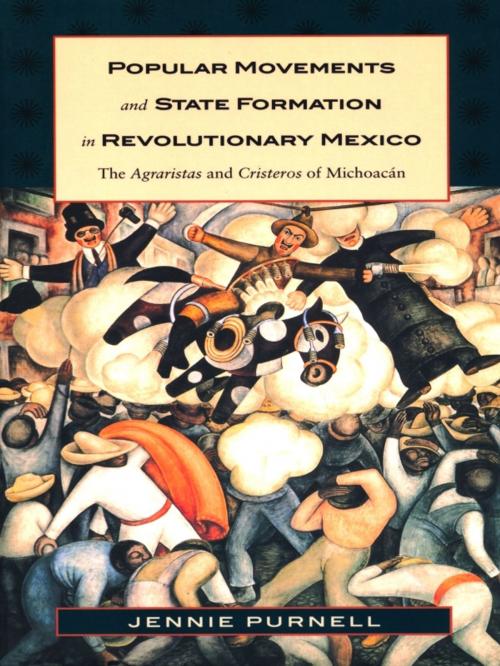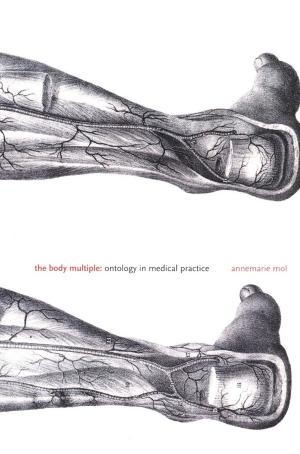Popular Movements and State Formation in Revolutionary Mexico
The Agraristas and Cristeros of Michoacan
Nonfiction, History, Revolutionary, Americas, Mexico, Social & Cultural Studies, Political Science| Author: | Jennie Purnell | ISBN: | 9780822399506 |
| Publisher: | Duke University Press | Publication: | June 1, 1999 |
| Imprint: | Duke University Press Books | Language: | English |
| Author: | Jennie Purnell |
| ISBN: | 9780822399506 |
| Publisher: | Duke University Press |
| Publication: | June 1, 1999 |
| Imprint: | Duke University Press Books |
| Language: | English |
In Popular Movements and State Formation in Revolutionary Mexico Jennie Purnell reconsiders peasant partisanship in the cristiada of 1926–29, one episode in the broader Mexican Revolution and the last major popular rebellion in Mexican history. While some scholars have argued that the Mexican Revolution was a people’s rebellion that aimed to destroy the political and economic power of the elites to the benefit of the peasants, others claim that the Revolution was a struggle between elites that left little room for popular participation. Neither approach, however, explains why thousands of peasants sided with the Church against the state and its program of agrarian reform—reform that was presumably in the best interest of the peasants. Nor do they explain why so many peasants who considered themselves devout Catholics took up arms against the Church.
Rather than viewing the cristeros (supporters of the Church) as victims of false consciousness or as religious fanatics, as others have done, Purnell shows that their motivations—as well as the motivations of the agraristas (supporters of the revolutionary state)—stem from local political conflicts that began decades, and sometimes centuries, before the Revolution. Drawing on rich but underutilized correspondence between peasants and state officials written over the course of the nineteenth and twentieth centuries, Purnell shows how these conflicts shaped the relationships between property rights, religious practice, and political authority in the center-west region of Mexico and provides a nuanced understanding of the stakes and interests involved in subsequent conflicts over Mexican anticlericalism and agrarian reform in the 1920s.
In Popular Movements and State Formation in Revolutionary Mexico Jennie Purnell reconsiders peasant partisanship in the cristiada of 1926–29, one episode in the broader Mexican Revolution and the last major popular rebellion in Mexican history. While some scholars have argued that the Mexican Revolution was a people’s rebellion that aimed to destroy the political and economic power of the elites to the benefit of the peasants, others claim that the Revolution was a struggle between elites that left little room for popular participation. Neither approach, however, explains why thousands of peasants sided with the Church against the state and its program of agrarian reform—reform that was presumably in the best interest of the peasants. Nor do they explain why so many peasants who considered themselves devout Catholics took up arms against the Church.
Rather than viewing the cristeros (supporters of the Church) as victims of false consciousness or as religious fanatics, as others have done, Purnell shows that their motivations—as well as the motivations of the agraristas (supporters of the revolutionary state)—stem from local political conflicts that began decades, and sometimes centuries, before the Revolution. Drawing on rich but underutilized correspondence between peasants and state officials written over the course of the nineteenth and twentieth centuries, Purnell shows how these conflicts shaped the relationships between property rights, religious practice, and political authority in the center-west region of Mexico and provides a nuanced understanding of the stakes and interests involved in subsequent conflicts over Mexican anticlericalism and agrarian reform in the 1920s.















